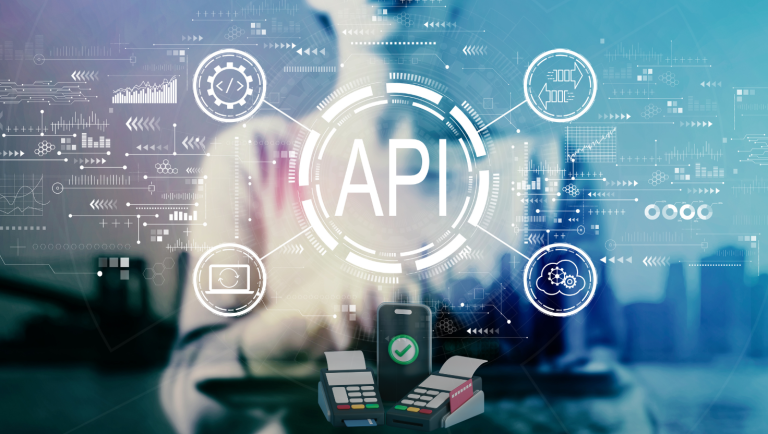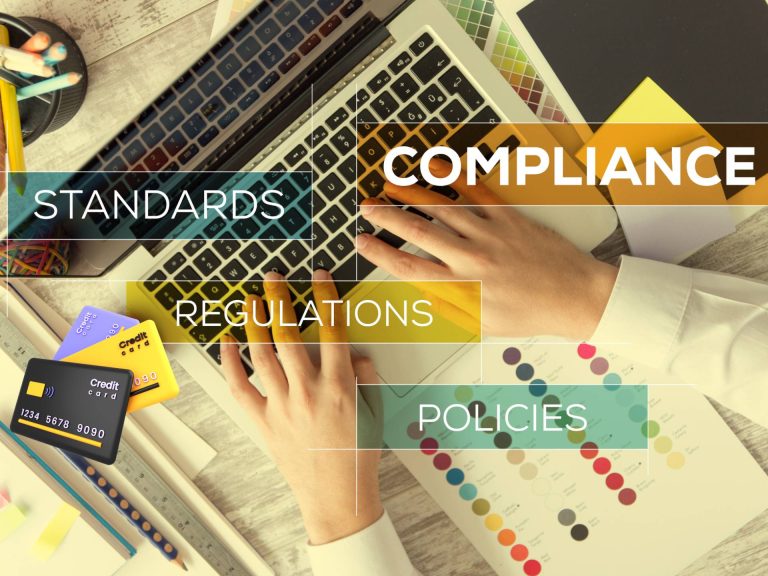Debunking the Most Common PCI Compliance Myths: What Businesses Need to Know
Why PCI Compliance Misconceptions Matter
Misunderstanding PCI DSS compliance can put businesses at risk of data breaches, financial penalties, and reputational damage. Many organizations assume they are compliant or exempt, only to find themselves in violation when an audit or security incident occurs.
This article breaks down the most common PCI compliance myths in a clear and easy-to-read format, helping businesses understand what’s required and why compliance is crucial.
Myth: PCI Compliance Only Applies to Large Businesses
Why This Myth Exists
Many small business owners think they’re too small to be targeted by cybercriminals or that PCI DSS only applies to large companies processing thousands of transactions daily.
The Reality
PCI DSS applies to any business that processes, stores, or transmits cardholder data—regardless of size. Cybercriminals often target small and mid-sized businesses because they tend to have weaker security measures than large corporations. PCI compliance isn’t just about avoiding fines—it’s about protecting your customers and ensuring your business survives.
Why It Matters
Ignoring PCI compliance leaves businesses open to fraud, data breaches, and legal trouble. Even a small security incident can result in massive financial and reputational damage.
Myth: Using a Third-Party Payment Processor Means You Don’t Need PCI Compliance
Why This Myth Exists
Many businesses assume that if they use a third-party payment processor, compliance is only the
processor’s responsibility.
The Reality
While third-party processors help with compliance, businesses are still responsible for securing their own systems, websites, and customer interactions. If your website is compromised, attackers can inject malicious code (like Magecart attacks) to steal customer data before it reaches the payment processor.
Why It Matters
Ignoring security beyond the payment processor’s scope can lead to data breaches and non-compliance penalties. Businesses must conduct regular security assessments and vulnerability scans to keep customer payment data safe.
Myth: PCI Compliance is a One-Time Requirement
Why This Myth Exists
Some businesses believe that once they pass a PCI audit, they’re compliant forever.
The Reality
PCI DSS compliance is an ongoing process. Businesses must:
- Conduct annual self-assessments or third-party audits.
- Perform quarterly vulnerability scans.
- Maintain continuous security monitoring and testing throughout the year.
PCI DSS standards also evolve over time. The new PCI DSS 4.0.1 introduces stricter security requirements that businesses must implement by March 2025.
Why It Matters
Failing to keep up with compliance can lead to security gaps, violations, and increased risks of cyberattacks. PCI compliance should be a continuous part of your cybersecurity strategy.
Myth: PCI Compliance Means Your Business is Fully Secure
Why This Myth Exists
Many businesses assume that achieving PCI compliance guarantees they’re safe from cyber threats.
The Reality
PCI DSS is a baseline standard, not a complete security solution. Cyber threats evolve constantly, and businesses need to go beyond basic compliance by implementing additional security measures like:
- Employee security training to prevent phishing attacks.
- Multi-factor authentication and single sign-on (MFA/SSO) to protect accounts.
- Advanced threat detection tools to identify suspicious activity.
Why It Matters
Businesses should treat PCI compliance as part of a broader cybersecurity strategy—not the only security measure they need.
Myth: PCI Fines Are Small and Easy to Manage
Why This Myth Exists
Some businesses believe that PCI non-compliance fines are minor compared to the cost of implementing security measures.
The Reality
PCI non-compliance fees vary by processor and can range from small monthly fees to tens of thousands per month for severe violations. But that’s just the beginning- a data breach can lead to:
- Legal fees and lawsuits
- Loss of ability to process credit card transactions.
- Regulatory penalties and breach notification costs
- Loss of customer trust and brand reputation
Why It Matters
Investing in PCI compliance upfront is far cheaper than dealing with the fallout of a data breach.
Myth: If You Don’t Store Credit Card Data, PCI DSS Doesn’t Apply to You
Why This Myth Exists
Many businesses assume that if they don’t store credit card data, they are exempt from PCI compliance.
The Reality
PCI DSS applies to any business that processes or transmits cardholder data—even if they don’t store it. Attackers can still steal data by exploiting:
- Unsecured payment forms on websites
- Weak API connections
- Compromised third-party scripts.
Why It Matters
Even if you don’t store data, you must secure all points where cardholder information is transmitted by using:
- End-to-end encryption
- Secure payment gateways
- Regular security testing
Ignoring these measures can still lead to compliance violations and costly security breaches.
Why Proactive PCI Compliance is Good for Business
Many businesses view PCI DSS as a burden, but smart organizations see it as a valuable security framework that provides real benefits, including:
- Lower risk of data breaches
- Stronger customer trust and brand reputation
- Reduced long-term security costs.
Businesses that actively manage PCI compliance can use it as a competitive advantage, showing customers they take security seriously.
How to Take Action on PCI Compliance
- Assess your current PCI DSS compliance through a professional security audit.
- Implement continuous security monitoring and vulnerability scanning.
- Work with an Approved Scanning Vendor (ASV), Qualified Security Assessor (QSA), or MSSP to ensure ongoing compliance.
Proactively managing PCI compliance helps businesses meet regulatory requirements and strengthen their overall security posture.





